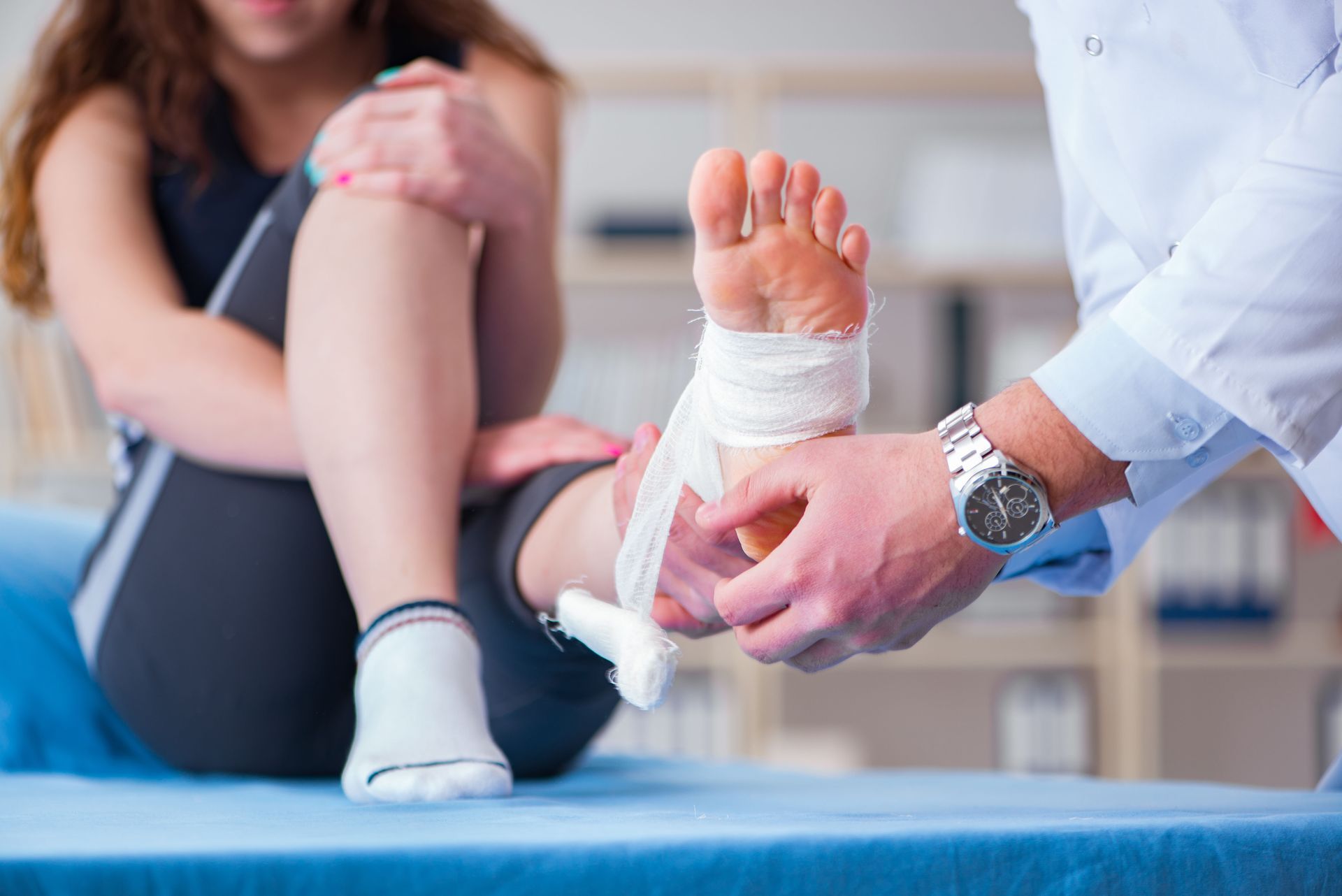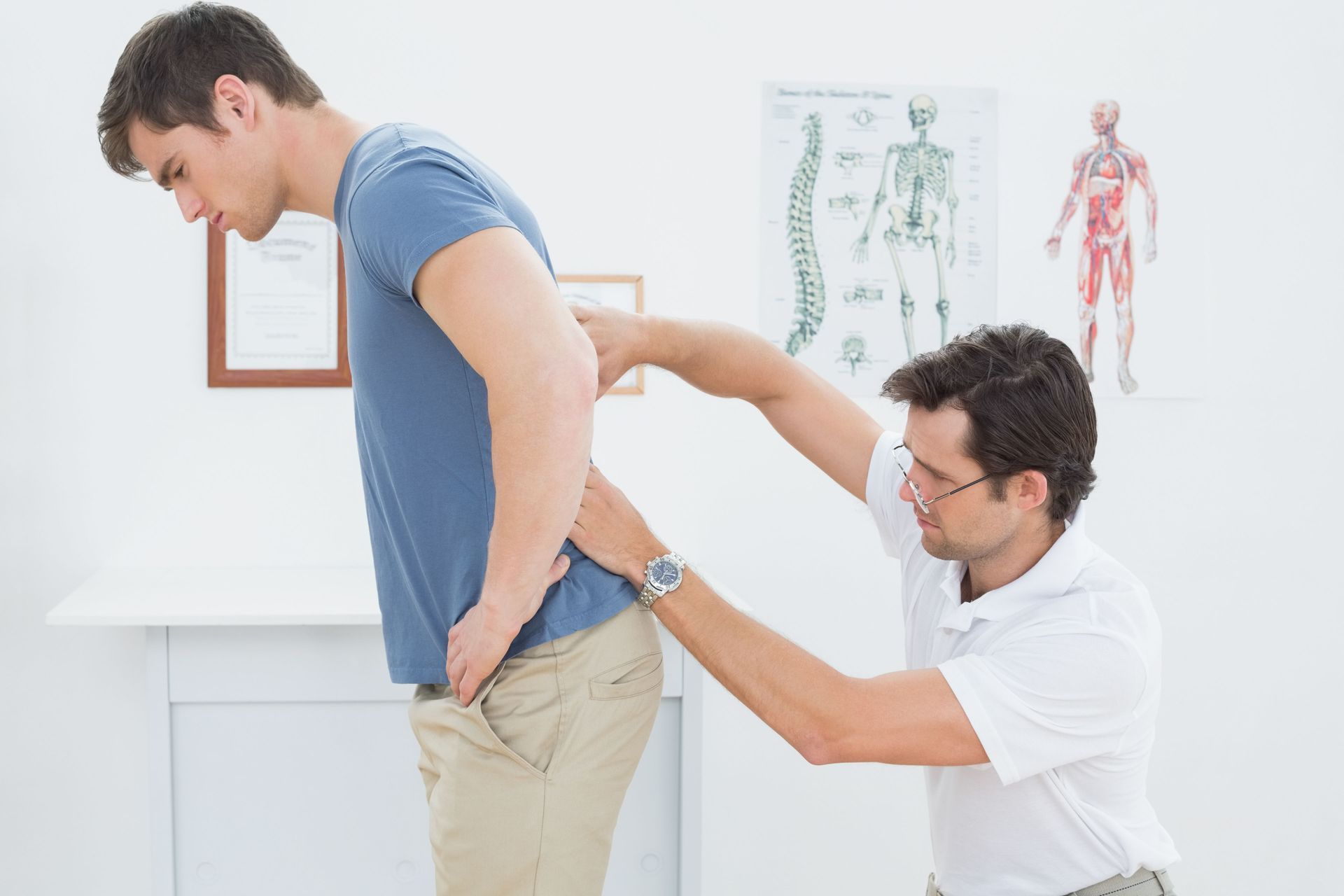The Advantages of Choosing Local Orthopedics for Your Bone and Joint Health
Local orthopedics do more than just help their patients. According to Brainly, the global orthopedic devices market is a large and growing sector, valued at $59.36 billion, highlighting the importance of orthopedics locally as well as globally. Let's explore the benefits of opting for local orthopedic care compared to alternatives and better understand why proximity can enhance treatment effectiveness, recovery, and patient satisfaction.
Proximity and Accessibility
Choosing local orthopedics significantly reduces travel time. When dealing with bone and joint issues, minimizing strain is crucial, and longer travel can exacerbate discomfort. Reducing travel time means faster access to care, which can be critical in emergencies. Proximity also plays a vital role in maintaining consistency with treatment plans. Easier access often translates to higher adherence to scheduled appointments and follow-ups.
With easier accessibility for follow-ups, patients can monitor their progress more effectively. Orthopedic care often requires multiple visits to monitor healing or adjust treatment. Frequent check-ups might be necessary to ensure the proper healing of bones and joints. Having a local provider simplifies these visits, promoting better recovery. This ease of access fosters a sense of comfort and reliability in the treatment plan.
Local orthopedics also means having family and support systems nearby. Emotional support can be as crucial as medical care when facing healthcare challenges. When patients have their loved ones close, they feel more encouraged and supported throughout their recovery journey. The convenience of continued care in a familiar environment can alleviate anxiety associated with medical appointments. Moreover, reduced travel costs mean patients and their families face less financial burden.
Familiarity With Regional Lifestyle and Activity
Orthopedic practitioners who are familiar with local sports and activities can tailor their services to suit regional lifestyles. Different regions have varied popular activities, which can lead to specific injuries. For instance, areas with a strong soccer culture may see different orthopedic issues compared to regions where baseball is a dominant activity. A local orthopedic expert understands these nuances and can provide specialized advice and treatment. This familiarity results in more targeted and effective care.
Tailored treatment plans for residents ensure that healthcare solutions are both effective and culturally sensitive. Knowing the lifestyle and activity level of the community helps in constructing realistic recovery plans. Orthopedic conditions are often closely tied to common activities in the area. Local orthopedists can cater to these specific needs better than those with no connection to the community. This personal touch is invaluable in establishing trust and satisfaction among patients.
An in-depth insight into regional health trends allows orthopedists to provide high-quality care that aligns with the needs of the community. For example, areas with higher incidents of certain conditions, such as arthritis or osteoporosis, require specific expertise. Understanding environmental factors that affect health ensures that patients receive well-rounded care. Orthopedic professionals are more likely to identify environmental factors impacting bone and joint health when they're locally based. These targeted health recommendations contribute to improved patient outcomes.
Streamlined Communication and Coordination
Local orthopedics offers streamlined communication and coordination, which is fundamental for effective healthcare delivery. Integrating care with local hospitals and clinics allows for timely and cohesive treatment, enhancing patient experiences. Collaboration with local specialists ensures that all aspects of a patient's health are considered, allowing for a holistic approach to orthopedic care. This network of professionals works together harmoniously, minimizing confusion and errors in treatment plans. Regular meetings and updates between professionals make for an agile response to each patient's changing needs.
Improved patient-doctor communication is one of the biggest advantages of local healthcare systems. Face-to-face meetings allow for more clarity and understanding between the patient and doctor. Patients can articulate their concerns better when they feel comfortable in their environment, and doctors can offer more accurate diagnoses due to their understanding of local conditions. Being part of regional health networks allows them to share and receive relevant data swiftly. This seamless coordination fosters a better therapeutic relationship and assists in more precise treatment strategies.
Utilization of regional health networks is crucial for effective orthopedic treatment. With an intricate web of local pharmacies and healthcare services, patients experience quicker and easier access to medications and follow-up care. Streamlined services reduce wait times and ensure that all components of a care plan are in sync. This system is beneficial when treatments involve multiple professionals, such as surgeons, therapists, and pharmacists. Effective networks not only benefit the patient but also enhance the local healthcare infrastructure.
Community Reputation and Trust
Local orthopedics have reputations that are established within the community. Testimonials from local patients provide invaluable insights into the quality and outcomes. Community trust is often built through word-of-mouth and personalized experiences rather than advertisements. Orthopedic practices that engage with the community by offering seminars or sponsoring events further solidify their status. This involvement demonstrates their commitment beyond medical treatment, fostering connection and trust within the community.
Long-standing local practices hold a significant advantage in trust over newly established or non-community-based services. Being present in a community for years signals consistency and reliability. These practitioners have often treated multiple generations within families, creating deep and lasting connections. Patients appreciate seeing familiar faces who understand their medical histories fully. This established reputation ensures ongoing patient referrals and continuous trust in their services.
Word-of-mouth referrals from satisfied patients are powerful testimonies that reinforce the trust and reliability of local clinics. Having a trusted community member recommend a practice weighs more than an online review from an unknown source. Patients who are pleased with their care often share their experiences, encouraging others to seek similar treatment. Such organic growth rooted in community trust leads to a more stable patient base. This embedded trust is invaluable for ongoing patient relationships.
Economic Support to the Local Community
By choosing local orthopedic services, patients directly support local healthcare jobs and the economy. Providing jobs stimulates the local economy, creating a cycle of prosperity within the community. Orthopedic practices often participate in local health initiatives, offering sponsorships or free clinics to underserved populations. This involvement supports community wellness on a broader scale, demonstrating genuine interest in the local area's well-being. These efforts illustrate commitment not only to patients but to the society that they serve.
Local orthopedic clinics contribute financially to the community by participating in local economies, purchasing supplies, employing residents, and paying local taxes. This ensures funds are kept within the community to develop infrastructure and services that everybody uses. The success of orthopedic clinics also means more local investment in resources that benefit the entire populace. These economic contributions exemplify how local healthcare can simultaneously foster economic and health prosperity. Collaborative efforts with local organizations assist in spreading health awareness, further contributing to community health.
Economic impacts extend beyond direct financial contributions, aiding community growth in various sectors. Investing in community health resources plays a crucial role in the overall development of local healthcare infrastructure. As orthopedic practices thrive, the demand for connected services, like post-operative care or physiotherapy, increases, spurring further job creation. The symbiotic relationship between community and healthcare providers reinforces local resilience. These collective benefits illustrate the broader reach of choosing local orthopedics.
Choosing local orthopedics offers numerous advantages, from convenience to community support. These benefits not only foster personal well-being but also contribute to the overall enhancement of regional healthcare infrastructure and trust. Contact Bensalem Orthopedics, PC today for more information.





Share On: